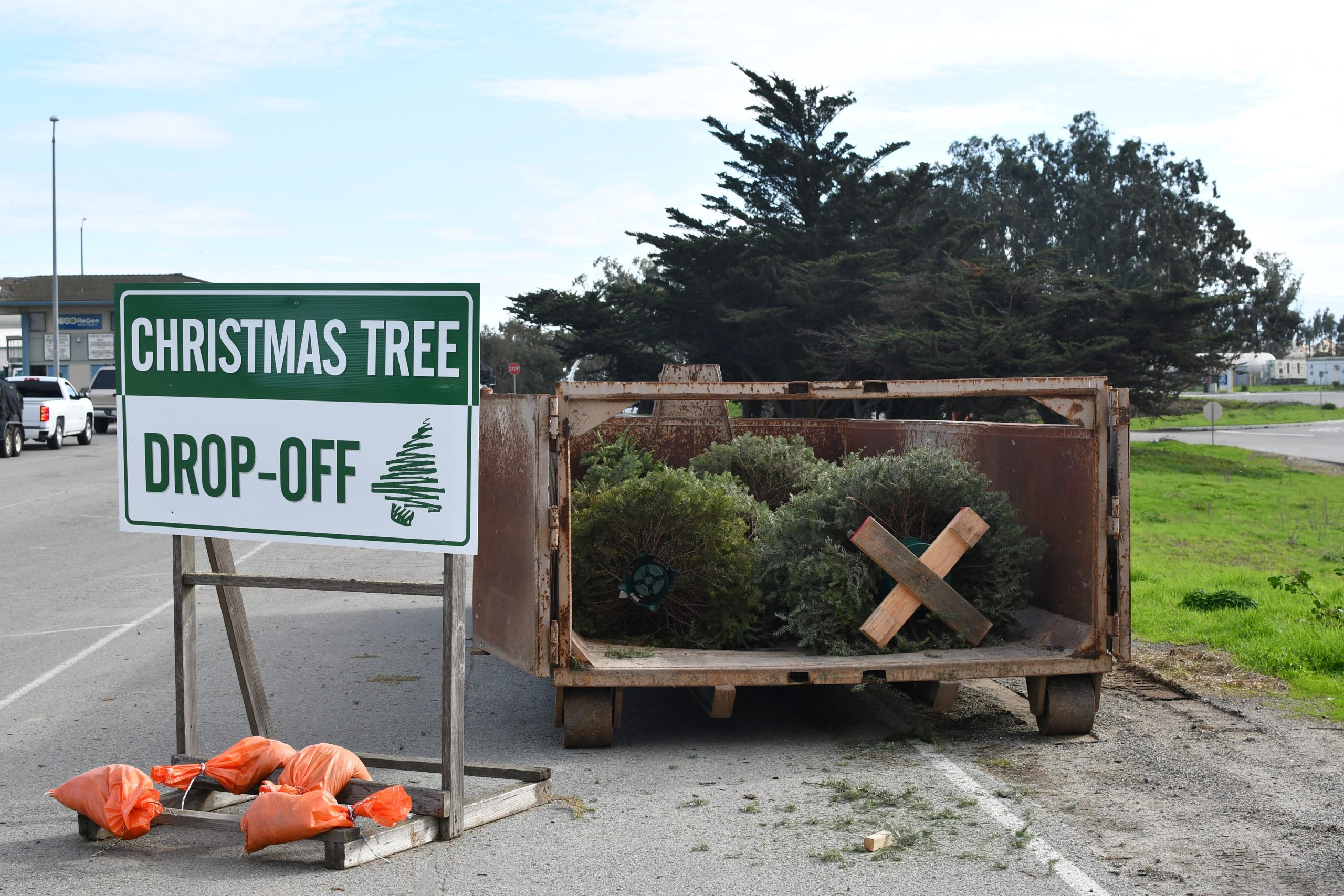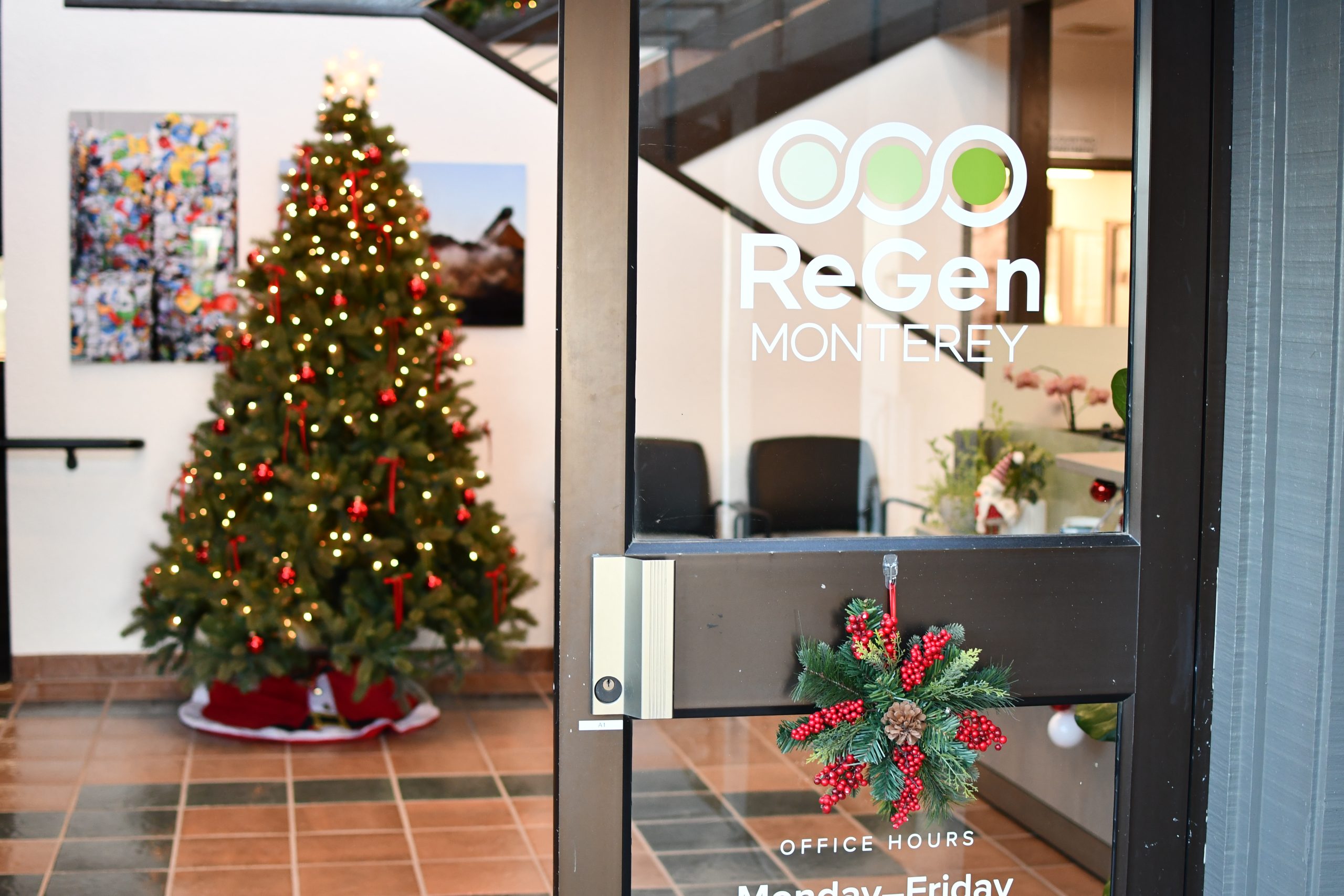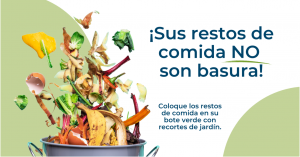Request for Proposal for General Counsel Services in PDF
Notice is hereby given that the Monterey Regional Waste Management District dba: ReGen Monterey (ReGen) is requesting proposals (RFP) for the furnishing of Legal services to ReGen at 14201 Del Monte Avenue, Salinas, CA 93908. General Counsel will be required to attend all monthly Board of Directors (Board) Meetings, Finance Committee, Personnel Committee and special meetings held at ReGen’s Board chambers located at ReGen’s Administrative office.
Proposals will be received at ReGen’s office until 2:00 p.m. February 12, 2025.
Proposals received after the closing date will be rejected. Hard copies of the proposal should be mailed in sufficient time to arrive at ReGen prior to the closing date.
Acceptance of a proposal by the Board shall form the basis for a contract between the parties for supplying the services. ReGen reserves the right to reject any or all of the proposals and to waive any informality or technical irregularity in any proposals. This notice shall be considered part of any resultant contract.
The GM and/or Board may wish to interview a small number of firms before making a final decision. If so, these interviews will likely be scheduled at or before the March 2025 Board meetings. The Board typically meets on the third Friday day of the month.
Please direct any questions to Ida Gonzales, Executive Board Clerk at (831) 264-6388 or Igonzales@ReGenmonterey.org




